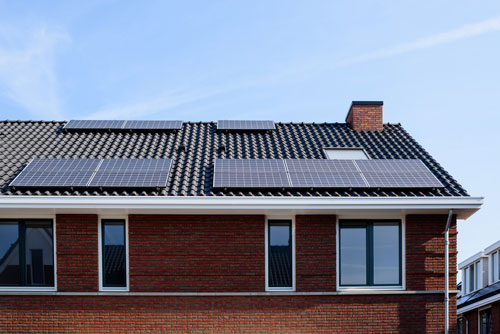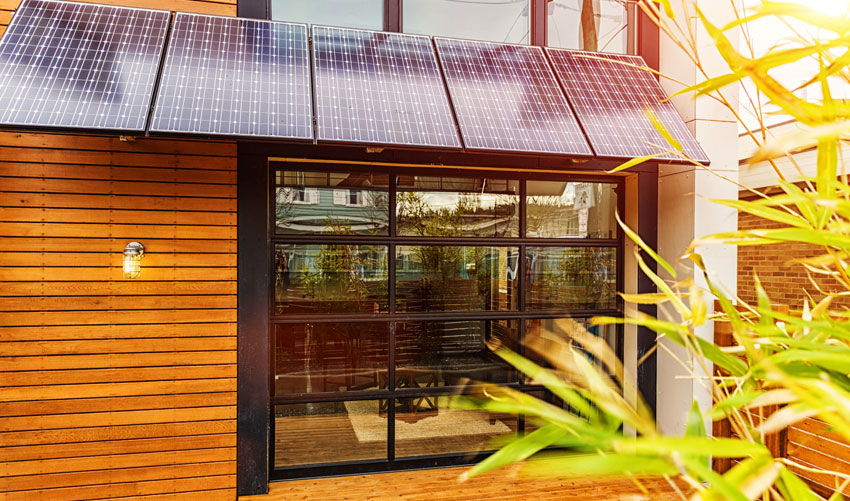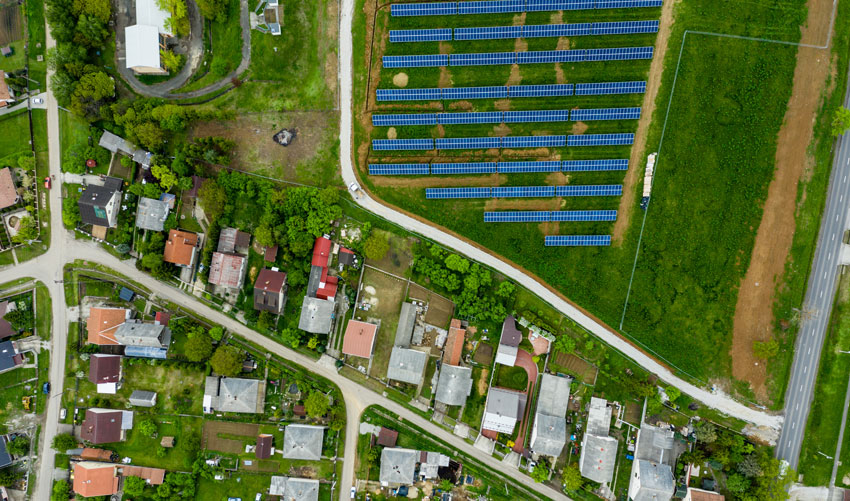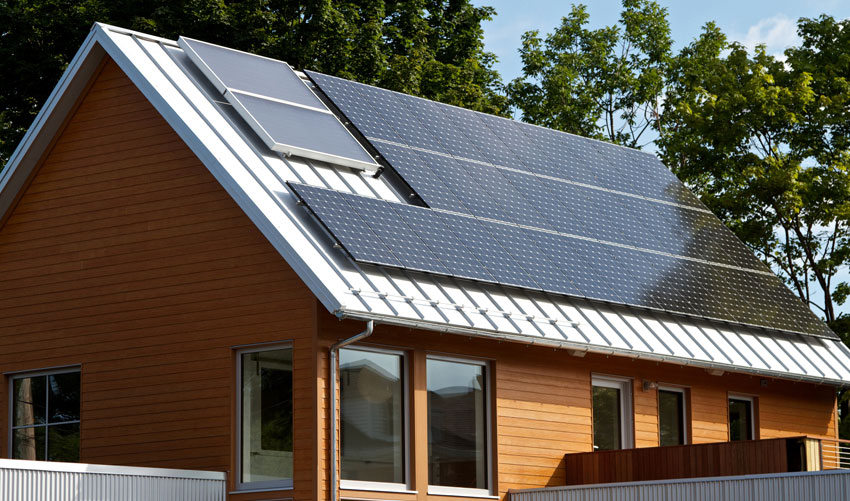The decision between 12-volt solar and 24-volt solar is primarily dependent on what you plan to use the voltage for. Both of these voltages can be useful, as they have their own unique features.
What are the differences and why would you want to pick one over the other? Here is a description of what both voltages are primarily used for, along with the pros and cons of each voltage:
There is a definite market for 12-volt solar power systems, especially if you like the outdoors (but still want some luxuries from home). 12-volt solar power is for making sure you are ready to go, with batteries, power banks, inverters, and charge controllers. If you are working on a boat or a van, especially if it is equipped with 12-volt outlets already, this is a great option.
The key to knowing your voltage’s maximum is knowing that you never want to have continuous currents greater than 100 amps.
Here are the pros and cons of 12-volt solar power systems:
Pros of 12-Volt Solar
There are many reasons why having a 12-volt solar power system would be beneficial, especially if you are trying to conserve energy. Here are the pros of choosing a 12-volt system:
Safer for DC currents: When you are running a direct current system, (which is what you will get directly from solar), it is much safer and easier to handle. If used correctly, 12-volt systems render 24-volt systems unnecessary.
Most Affordable Option: From the solar panels to any inverters you might need, the price point for 12-volt is the most affordable option. It is also the most bang for your buck. While there is a smaller option (6-volts) it is not as universal as a 12-volt system. Therefore, it is all around more affordable to get a 12-volt system, even if you have to scale down.
System Availability: Since 12-volt systems are the most common, it makes sense that the availability of the necessary tools, such as panels and inverters would be easier to find than tools in other voltages. Additionally, with the 12-volt system being most common, if you do need help, it is easier to get a skilled maintenance worker.
Cons of 12-Volt Solar
While there are many advantages to using a 12-volt solar power system, especially if you are doing some off-the-grid traveling or otherwise powering appliance-type systems, there are also a few negative aspects to this system voltage. Here are the main cons to using a 12-volt solar power system:
12-Volts have a Low Wattage Maximum: There isn’t a lot that you are going to successfully run at once with a 12-volt solar system. While there are a lot of different appliances and outfits that run 12-volts, you are likely going to have to use one (maybe two) items at a time, as 12-volts have a 1,000W maximum.
Charge Regulators: With 12-volt systems, it is difficult to use charge regulators to up the voltage, as they are designed to reverse, rather than charge ahead. This could be difficult and come as a rude awakening, especially if you are using your voltage to live off the grid.
Lower Efficiency: This is why 12-volts of solar power is more useful if it remains in Direct Current (DC) form; 12-volts of DC solar power does not translate well to Alternating Current (AC). At least if you are working with a 12-volts DC system, you will know the efficiency you are getting and will not lose any voltage due to the inverting process.
24-Volt Solar
When looking into solar, many people want a solution that works inside their home. Whether they want to run their home entirely on solar or only partially, alleviating their current power bills is usually the goal. Fortunately, with 24-volt solar power systems, this is much easier to do than when dealing with a 12-volt system.
Even though it is not the most common, installing a 24-volt solar power system does have a good amount of benefits to it. However, there are also a fair number of disadvantages to using this voltage.

Here are the pros and cons of using a 24-volt solar power system.
Pros of 24-Volt Solar
Between 12 and 24-volts, it isn’t difficult to see how having more voltage would have benefits, especially when incorporating solar into your home. So, here are the advantages that come with using a 24-volt solar system:
Reduces the Amount of Wiring Needed: Incorporating a higher voltage means thinner wiring. The reason is that the higher the voltage, the less current that needs to flow through it, thus thinning the wire. Ultimately, this reduces the cost of wiring, sometimes to upwards of fifty-percent.
Can Maintain a Higher Wattage: With a 24-volt system, there is a maximum of 2,000 watts, as it is double the power of 12volts. This means that more can be done with this system and that alone makes it more conducive to using 24-volts for your home instead of strictly off the grid.
System Availability: Since 12-volt systems are the most common, it makes sense that the availability of the necessary tools, such as panels and inverters would be easier to find than tools in other voltages. Additionally, with the 12-volt system being most common, if you do need help, it is easier to get a skilled maintenance worker.
Cons of 24-Volt Solar
A 24-volt solar power system is useful for many things. However, it does have its drawbacks.
Here are the cons associated with a 24-volt system:
Higher Solar Panel Array: Having a higher voltage available means that the solar panels that are being used to collect that energy need to have a higher voltage array. While this is not difficult, it can be expensive and it can also take up a good amount of space.
12-volt DC Appliances need a Converter: Even though you are working DC to DC, if you have a 24-volt solar power system and a 12-volt DC appliance (which is common) you are going to need to buy a separate converter.
Parts Are Harder to Come By: For the most part, any compatible part or addon can be found online. However, it is harder to find 24-volt parts and addons because it is not the industry-standard DC voltage.
As you can see, there are multiple opportunities for using both 12-volt solar and 24-volt solar. If you are being safe about the way you are using the power, your decision is completely up to you. After all, now that you know the specifics of each voltage, you have the power to make the decision that is right for your specific needs.




